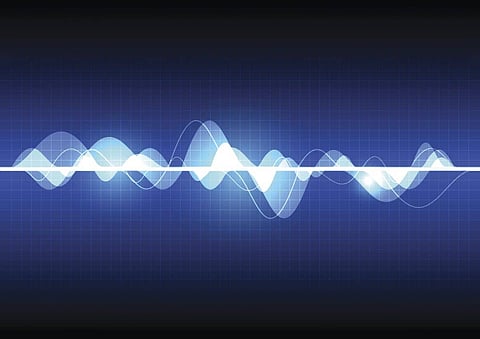
- Insights
- Cryptocurrencies
- Stocks
- White Papers
- Industry
- Geography
- Insights
- Cryptocurrencies
- Stocks
- White Papers
- Industry
- Geography


It has been found that taking a look at standard ECG tests, AI can help identify patients who are more likely to die of any medical reason within a year. The researchers from Geisinger Health System in Pennsylvania reached this conclusion after analyzing the results of 1.77 million ECGs and other records from almost 4,00,000 patients.
The team of researchers used that data to compare ML-based models. The model can either directly analyze the raw ECG signals or depend on aggregated human-derived measures and commonly diagnose disease patterns.
The neural network model was found to be more efficient which can directly analyze the ECG signals for predicting the one-year risk of death. Too much of a surprise, the model was able to precisely predict the risk of death even in patients that other physicians considered normal ECG.
Reportedly, three cardiologists reviewed the ECGs separately. The first had been read as normal where the experts were unable to recognize the risk patterns that the neural network detected.
Brandon Fornwalt, Chair of the Department of Imaging Science and Innovation at Geisinger in Danville, Pennsylvania said, "This is the most important finding of this study. This could completely alter the way we interpret ECGs in the future."
The same group of researchers conducted another study that found that AI-based models can analyze ECG test results and flag patients with a higher risk of developing dangerous irregular heartbeat known as arrhythmia. The researcher used 2 million ECG results from more than 30 years of archived medical records in Pennsylvania/New Jersey's Geisinger Health System in order to train deep neural networks.
The team discovered that AI predicts irregular heartbeat and the death risk by examining ECG results.
According to researchers, although the key strength of both studies is a huge database of Geisinger, the findings should be tested outside of that region.
The lead author Sushravya Raghunath quoted, "Incorporating these models into routine ECG analysis would be simple. However, developing appropriate care plans for patients based on computer predictions would be a bigger challenge."
However, till now AI has been employed to detect current health issues but this would the first to predict future events in context to the medical industry.
Brandon Fornwalt further added, "This is exciting and provides more evidence that we are on the verge of a revolution in medicine where computers will be working alongside physicians to improve patient care."
According to Jennifer Hall, the American Heart Association Chief of the Institute for Precision Cardiovascular Medicine, "deep learning is terrific as another way for us in our field of cardiovascular medicine to be able to help patients and help those understand the risk of stroke."
She also noted that having such techniques at the fingertips and having more precise techniques to uncover potential atrial fibrillation now or in the future, is absolutely tremendous. Notably, Atrial fibrillation is associated with a higher risk of stroke and heart attack.
The two preliminary studies are expected to be presented at the American Heart Association's Scientific Sessions 2019 in Philadelphia from November 16-18.
